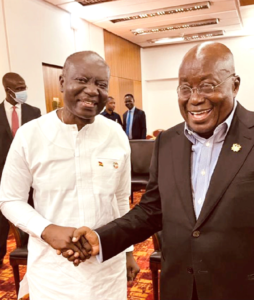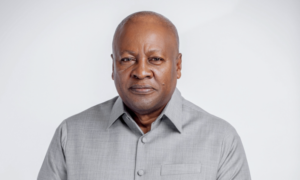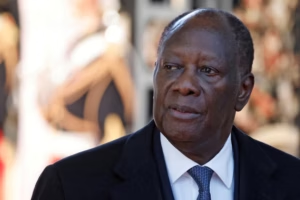
Ghana agreed to a $3 billion credit agreement with the International Monetary Fund on Tuesday as part of its efforts to end the country’s worst economic crisis in decades.
Since the beginning of the year, the West African country has faced more than 40% inflation, rising debt, and a sharp decline in the cedi currency.
According to the IMF, Ghana’s government has committed to “a broad economic reform program†that will restore stability and debt sustainability.
The IMF loan agreement for three years has yet to be approved by the fund’s board.
“Reducing inflation, strengthening resilience to external shocks, and improving market confidence are also important program priorities,†according to an IMF statement.
Ghana, a top cocoa and gold producer, also has oil and gas reserves, but its debt payments have skyrocketed, and it, like the rest of Sub-Saharan Africa, has been hard hit by the COVID pandemic and the Ukraine war.
The crisis compelled President Nana Akufo-Addo’s government to reverse his position earlier this year to seek IMF assistance amidst fears that the country would face a serious debt default.
The government has already announced a domestic debt swap as part of the program to alleviate a payment crunch, and details on restructuring its foreign debt are expected to be released soon.
IMF mission chief Stephane Roudet told reporters in Accra that IMF board approval would be contingent on Ghana’s creditors providing assurances and the debt exchange program progressing.
To help cut costs and increase domestic revenues, the government has already increased the VAT rate by 2.5 percent and frozen public employee hiring.
Officials say vulnerable groups will be protected, but critics worry that the government’s spending cuts will lead to even more austerity.
“Ghana having reached a staff-level deal with the IMF is quite good news,†Ghanaian economist Daniel Anim Amarteye said. “We have yet to get the full details, but on the whole, it will facilitate the final approval.â€
“The bailout is critical for the government to achieve macroeconomic stability and credibility.â€
Debt service currently consumes more than half of government revenue. The cedi’s 50% depreciation against the dollar has increased Ghana’s debt value by $6 billion this year.
Major credit rating agencies have downgraded Ghana’s outlook, reflecting market concerns that the country may miss debt payments.
The IMF talks came after a new tax on electronic transactions, known as the “E-levy,†was met with opposition and failed to generate the expected revenue levels for the government.






